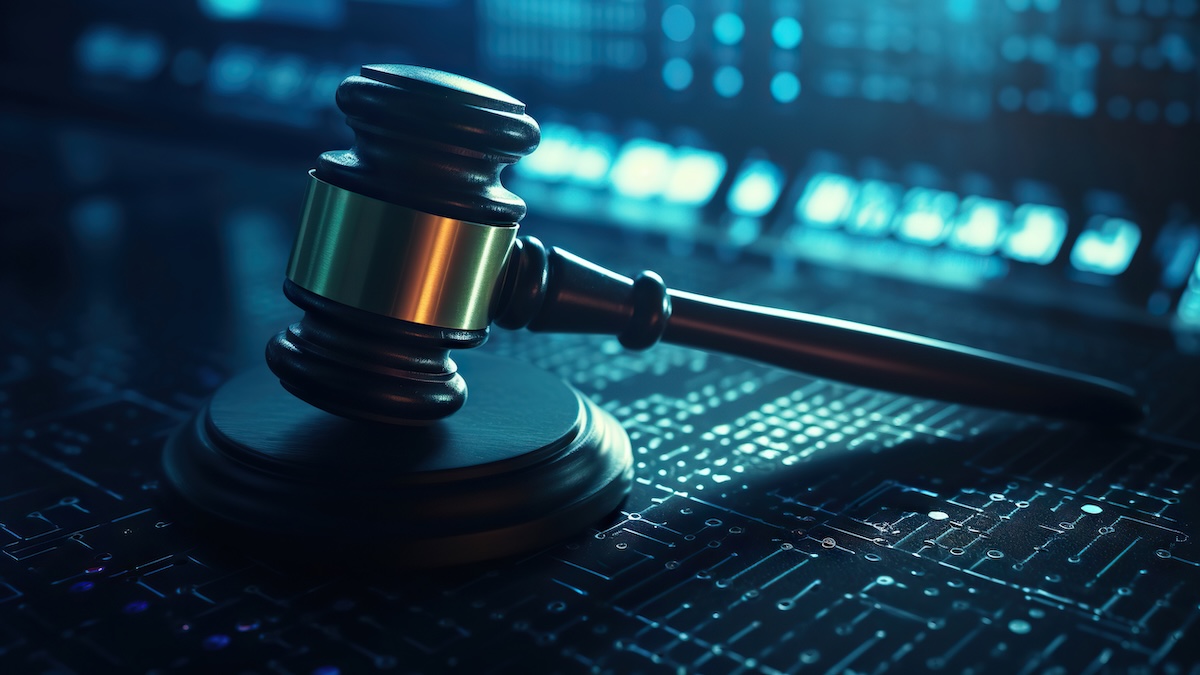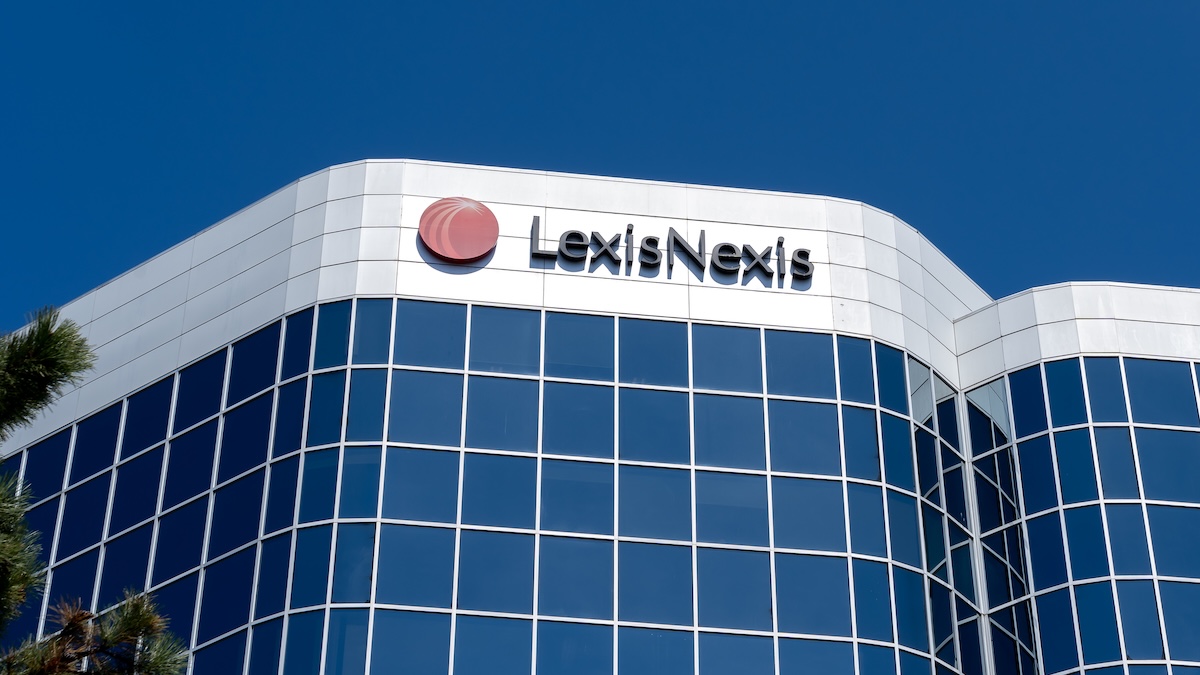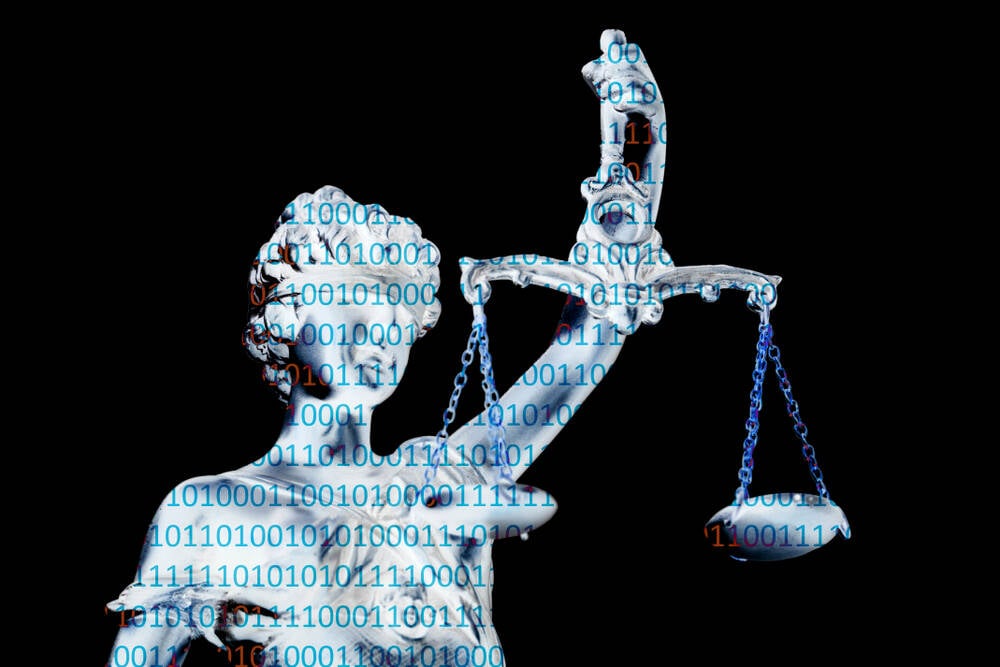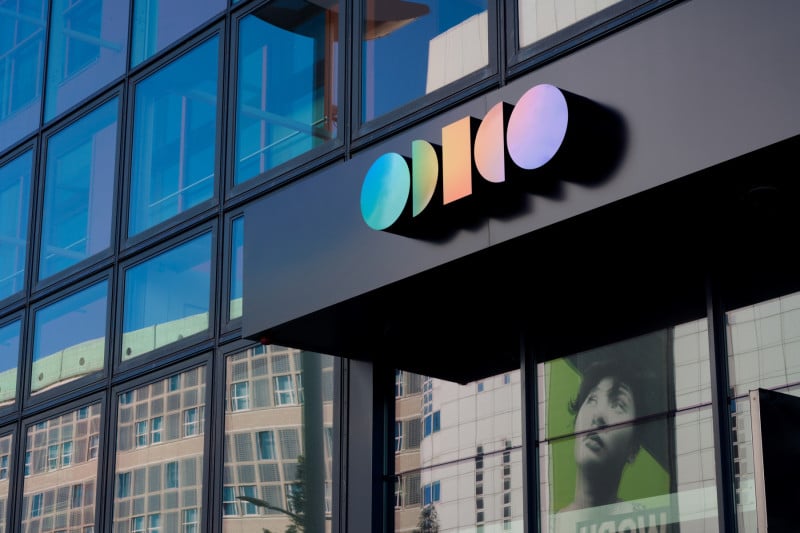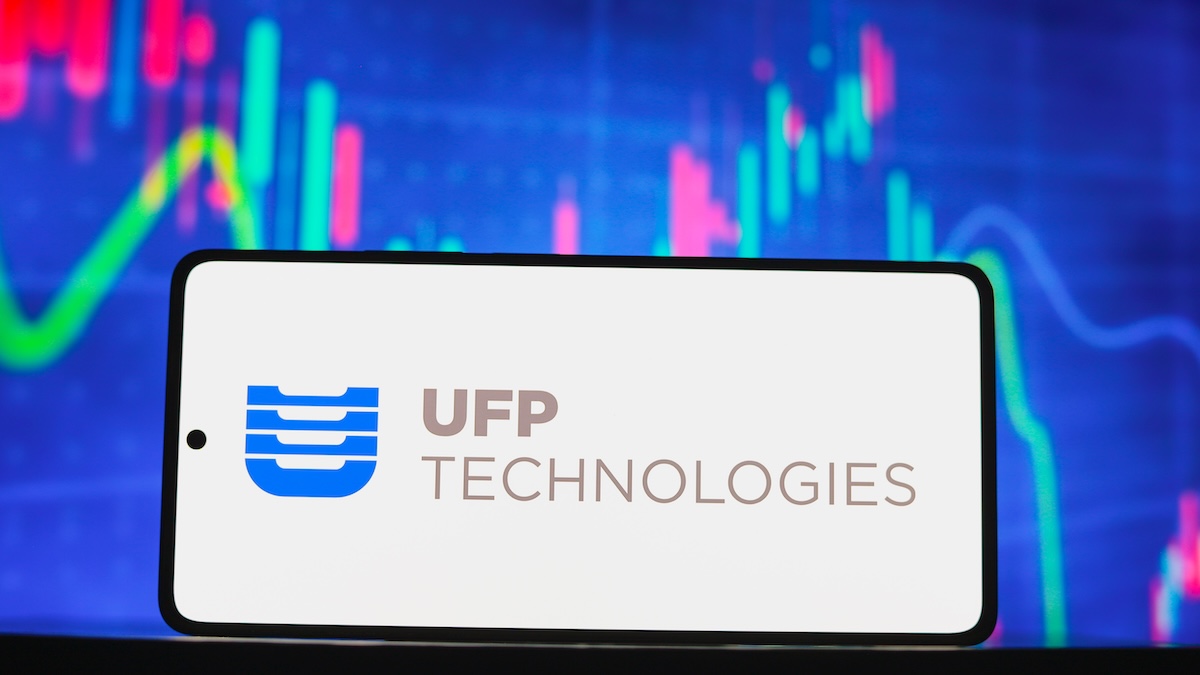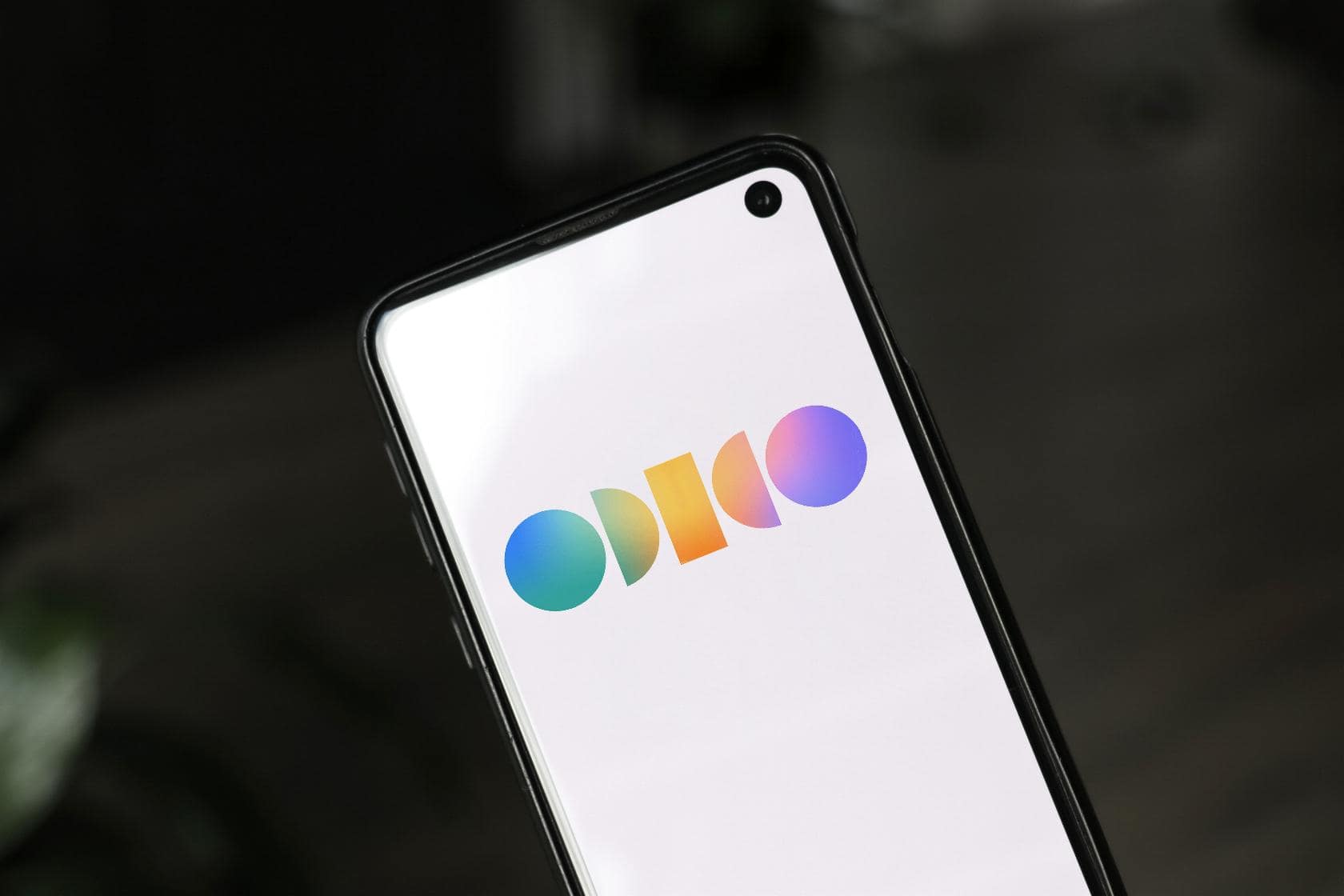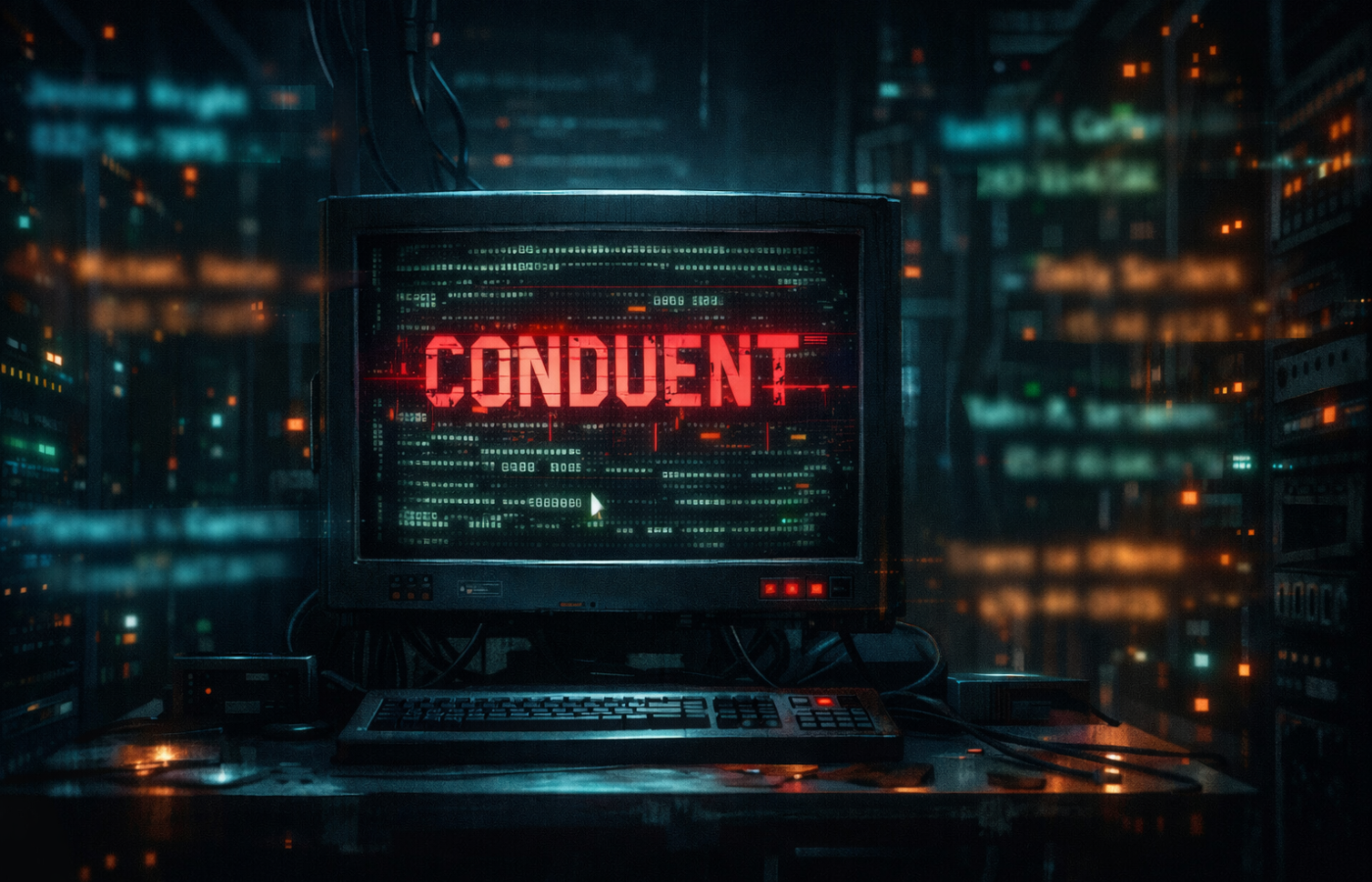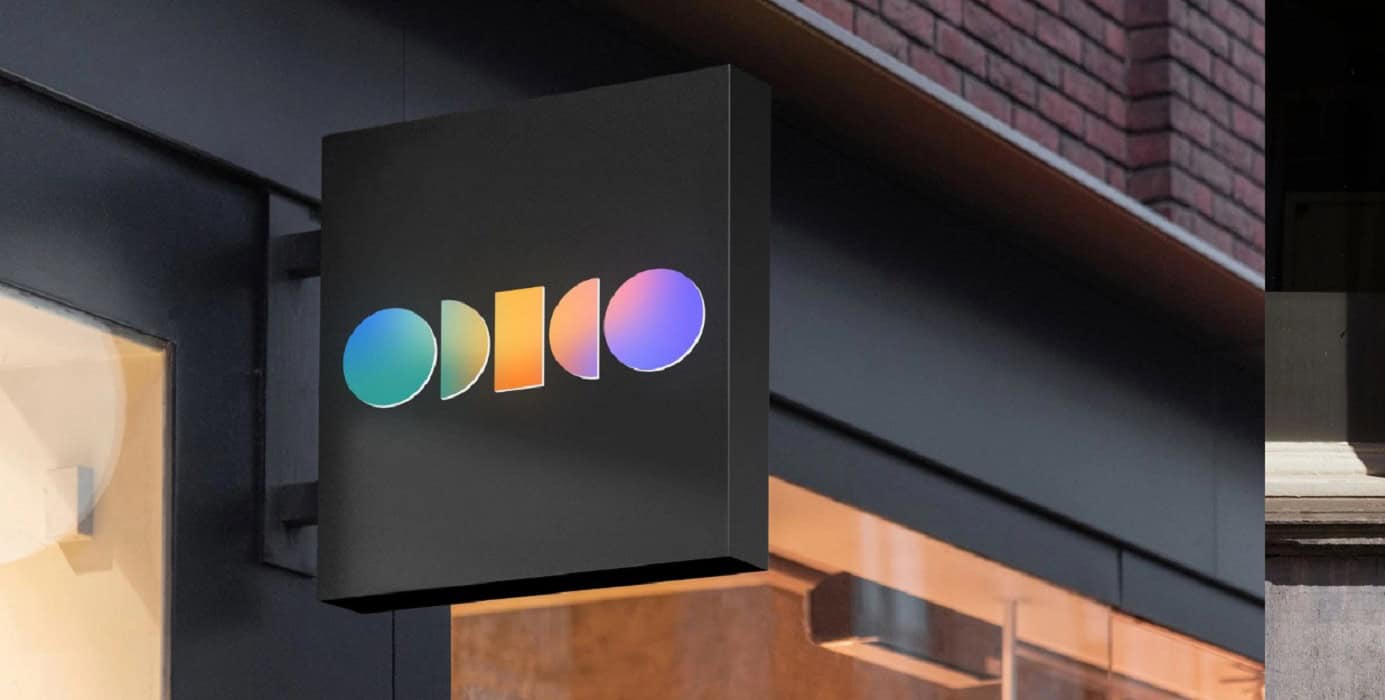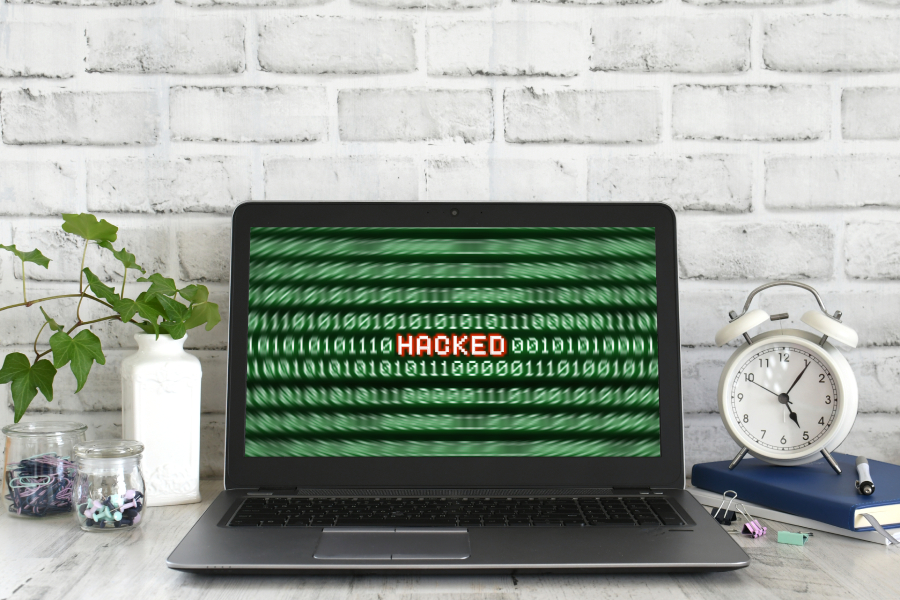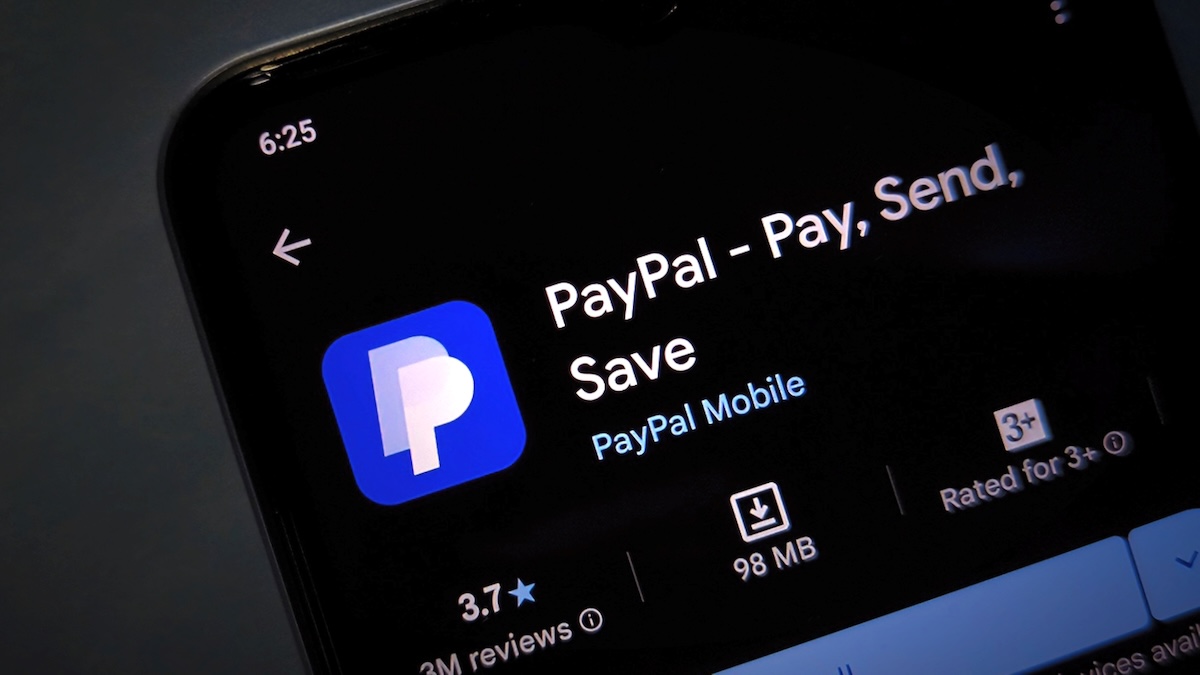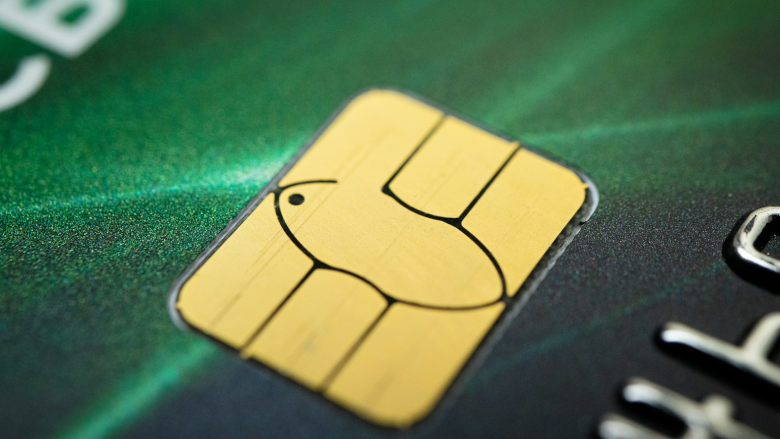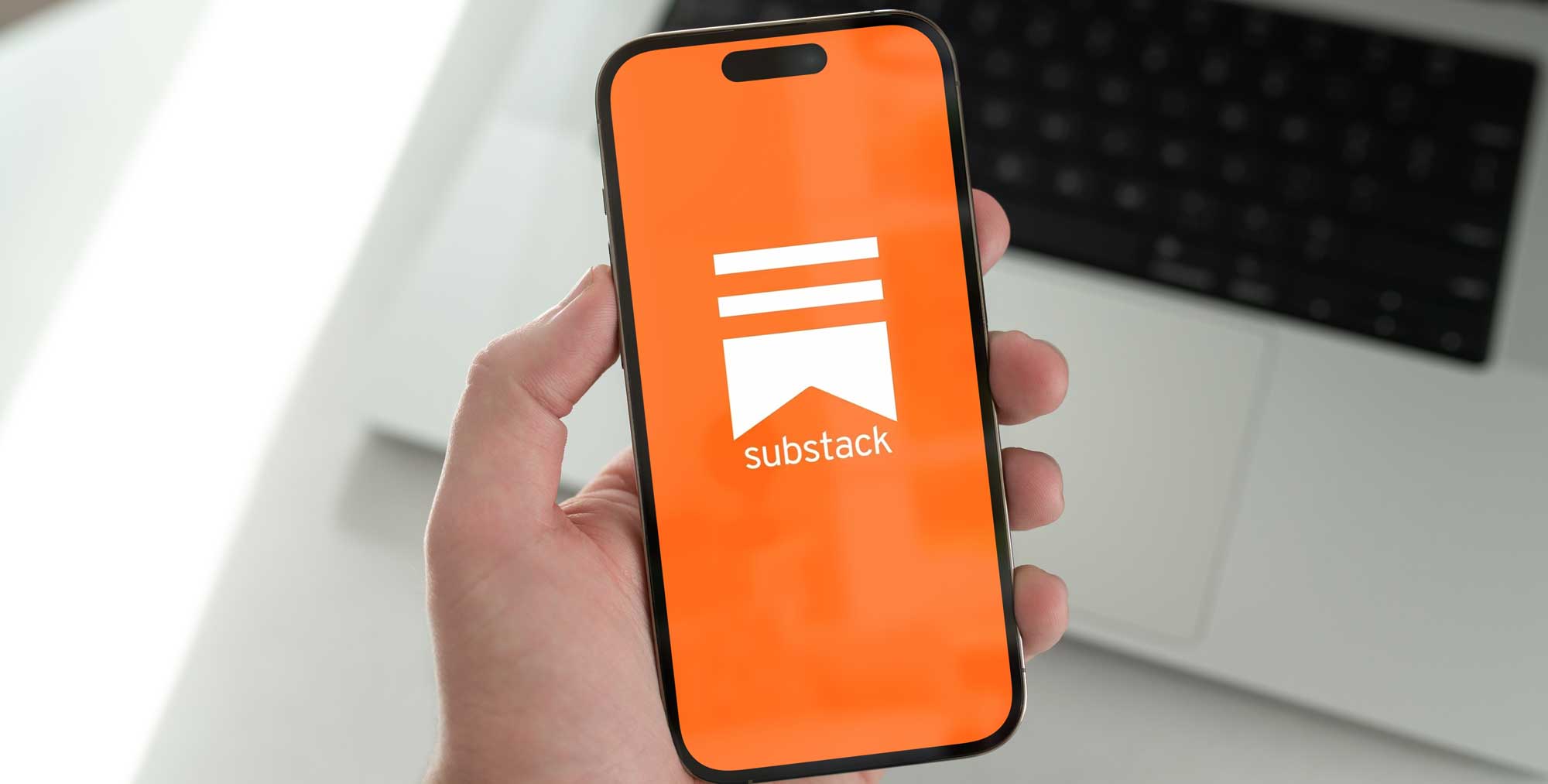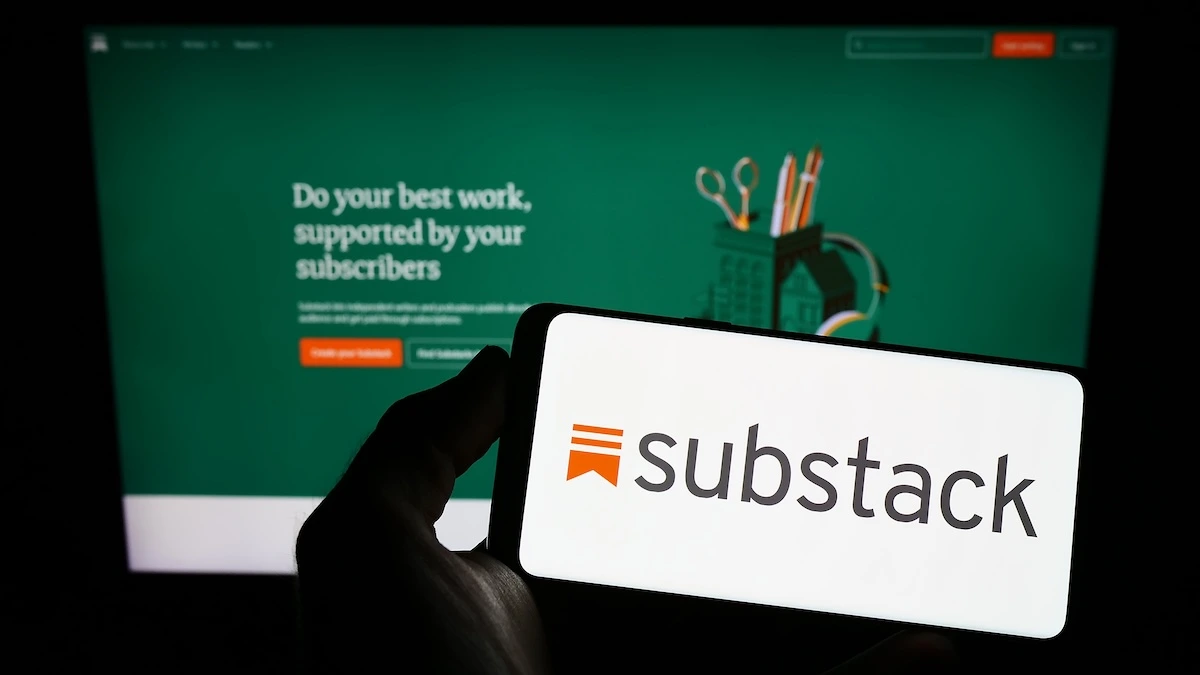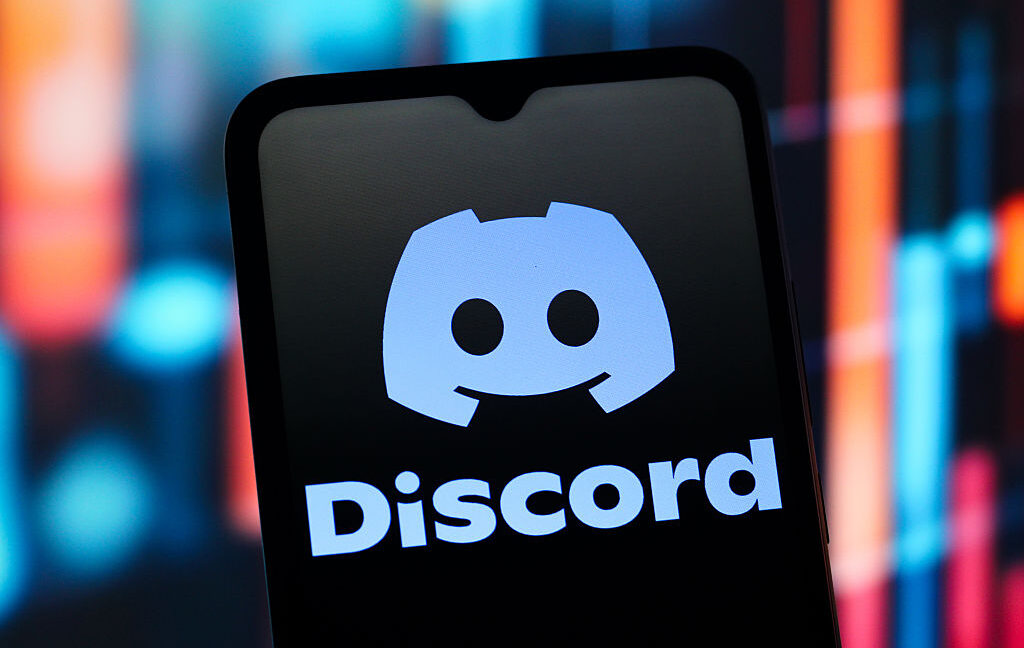#data-breach
#data-breach
[ follow ]
#cybersecurity #ransomware #personal-data #shinyhunters #cybercrime #identity-theft #personal-data-exposure
#cybercrime
EU data protection
fromDataBreaches.Net
1 day agoLeakBase seized, arrests made as part of global action - DataBreaches.Net
LeakBase, a major cybercrime forum for trading stolen data and credentials, was dismantled through coordinated international law enforcement operations resulting in approximately 100 enforcement actions and arrests of key users.
#cybersecurity
Privacy professionals
fromSecurityWeek
1 day agoNew LexisNexis Data Breach Confirmed After Hackers Leak Files
LexisNexis confirmed a data breach involving legacy data from before 2020, with hackers exfiltrating over 2GB of data through React2Shell vulnerability exploitation and improperly secured AWS instances.
Privacy professionals
fromTheregister
1 day agoLexisNexis Legal & Professional confirms data breach
LexisNexis Legal & Professional division experienced a data breach affecting legacy servers, with Fulcrumsec claiming responsibility for exploiting a vulnerable React container to access approximately 2 GB of data.
Healthcare
fromSecuritymagazine
2 days ago1M Impacted by University of Hawaii Cancer Center Breach
University of Hawaiʻi Cancer Center experienced a data breach exposing approximately 1.15 million individuals' Social Security numbers, driver's license numbers, and voter registration records from epidemiological studies spanning decades.
#ransomware-attack
Privacy professionals
fromSecurityWeek
2 days ago1.2 Million Affected by University of Hawaii Cancer Center Data Breach
A ransomware attack on University of Hawaiʻi Cancer Center compromised personal information of approximately 1.2 million people, including names, Social Security numbers, and driver's license details, though clinical operations and patient care remained unaffected.
Privacy professionals
fromDataBreaches.Net
2 days agoEvoke Wellness at Hilliard updates its breach notification - DataBreaches.Net
An Ohio addiction treatment center discovered unauthorized patient data access by a former employee in October 2024, but delayed notifying affected individuals until August 2025, with inconsistent breach discovery dates in official notifications.
Privacy professionals
fromSecurityWeek
3 days agoMadison Square Garden Data Breach Confirmed Months After Hacker Attack
Madison Square Garden confirmed a data breach from the Cl0p ransomware group's exploitation of Oracle EBS zero-day vulnerabilities, compromising personal information including names and Social Security numbers.
#ransomware
Privacy professionals
fromTechzine Global
3 days agoAll data from dutch Telco Odido hack now online
ShinyHunters released all stolen data from Odido's 6.5 million customers and 600,000 companies online after the company refused ransom payment, exposing names, addresses, social security numbers, ID documents, and sensitive personal information.
Privacy technologies
fromDataBreaches.Net
5 days agoLeaked Odido data exposes sensitive information - DataBreaches.Net
Dutch news outlets freely reported on the Odido telecom breach affecting 6.2 million customers, exposing sensitive data including stalking victims' information and protected addresses without censorship.
fromTheregister
6 days agoAI-built app on Lovable exposed 18K users, researcher claims
The main issue, Khan said, was that all apps that are vibe-coded on Lovable's platform are shipped with their backends powered by Supabase, which handles authentication, file storage, and real-time updates through a PostgreSQL database connection. However, when the developer - in this case AI - or the human project owner fails to explicitly implement crucial security features like Supabase's row-level security and role-based access, code will be generated that looks functional but in reality is flawed.
Artificial intelligence
Information security
fromDataBreaches.Net
1 week agoWynn Resorts Confirms Data Breach After Hackers Remove It From Leak Site - DataBreaches.Net
Wynn Resorts' data listing was removed from ShinyHunters leak site after the company reportedly paid an extortion demand, with the resort confirming deletion of stolen employee data.
fromTheregister
1 week agoWynn Resorts confirms data stolen after ShinyHunters threats
Trusting cybercriminals is inherently flawed; there is no honour among thieves. There is absolutely no reliable way to verify that an extortionist has permanently deleted stolen data. Copies are frequently retained, shared, or sold months down the line.
Information security
fromSecurityWeek
1 week agoAd Tech Company Optimizely Targeted in Cyberattack
The threat actor gained access to Optimizely's systems through a sophisticated voice-phishing attack, but was unable to escalate privileges, install software, or create any backdoors in the Optimizely environment. The incident was confined to certain internal business systems including Zendesk, records in our Salesforce CRM, and a limited set of internal documents used for back-office operations.
Information security
fromDataBreaches.Net
1 week agoThe hospitality sector continues to be lucrative targets - DataBreaches.Net
Choice Hotels International disclosed a breach affecting franchisees and applicants. Its notification letter states that a "skilled person used social engineering" to gain access on January 14, 2026 to an application that contained records regarding franchisees and franchise applicants. The access occurred even though access required multifactor authentication (MFA). The information involved included names and Social Security numbers. There is no indication that any guest data was involved. No gang has publicly claimed responsibility for the attack as yet.
Information security
fromTheregister
1 week agoCornwall council mishandles complaints in data breach case
A UK councillor has dubbed her local authority's data breach "crazy" after the personal details of individuals behind a series of complaints were revealed to her. Dulcie Tudor, an independent councillor for the Threemilestone and Chacewater area in Cornwall, England, publicized the data protection gaffe via social media following complaints about comments she made during a November council meeting. Cllr Tudor received ten complaints after asking fellow councillor Leigh Knight whether a trans woman was a real woman.
Privacy professionals
fromTechzine Global
1 week agoPayPal leaked sensitive data for six months due to software error
PayPal is warning customers about a data breach that leaked personal data for six months. The leaked data includes social security numbers. The software error occurred in the PayPal Working Capital application, an app that allows small businesses to easily take out a business loan. The leak occurred between July 1, 2025, and December 13, 2025. In addition to names and email addresses, phone numbers, business addresses, social security numbers, and dates of birth were also compromised.
Information security
fromDataBreaches.Net
1 week agoSan Jose slow to tell workers about data breach - DataBreaches.Net
San Jose administrators have disclosed that private information for current and former city employees may have been compromised, following a data breach last month. The incident occurred on Jan. 9 when a "workforce member" lost a USB drive that may have contained Social Security numbers, according to a letter city officials sent to people whose data may have been involved in the breach. San José officials have not said how many people were affected by the breach.
Information security
fromTheregister
1 week agoICO wins battle in fight to fine tech retailer 500k
The Information Commissioner's Office (ICO) originally fined DSG Retail £500,000 ($673,000) in 2020, the maximum financial penalty allowed under the Data Protection Act 1998 (DPA 1998) - the relevant legislation at the pre-GDPR time. Its monetary penalty notice (MPN) was upheld by the Court of Appeal's first-tier tribunal but later reversed by the upper tribunal [PDF], which sided with DSG Retail and, if that decision was final, would have effectively nullified the ICO's fine.
EU data protection
fromSan Jose Spotlight
1 week agoSan Jose slow to tell workers about data breach - San Jose Spotlight
when a "workforce member" lost a USB drive that may have contained Social Security numbers, according to a letter city officials sent to people whose data may have been involved in the breach. San José Spotlight spoke with three people who said they received the city's letter in recent days, including a current employee and two former employees. One of the former employees said they last worked for the city in 2000. The individuals requested anonymity to protect their privacy.
Privacy professionals
fromDataBreaches.Net
2 weeks agoLeaked Data Raises Questions About Hackers' Claims and Moldova's Prior Denial - DataBreaches.Net
The Compensatii platform enables residents to register and apply for compensation for energy bills, including heating, natural gas, and electricity, during the colder months. To register, applicants need to provide: The name, surname, and IDNP of all persons residing in the declared household; Data from energy consumption invoices; Mortgage loan amount and cadastral number (if applicable); The monthly income of each member for the months of April-September; Personal IBAN account for transferring the compensation.
fromThe Local France
2 weeks agoHacker accesses info on 1.2 mn French bank accounts
Since the end of January, the hacker used the stolen credentials of an official to access and consult "parts of the file of all of the accounts open in French banks and which contains personal data such as bank account numbers, name of the account holder, address and in certain cases the account owner's tax number," the ministry said in a statement.
France news
fromTheregister
2 weeks agoAdidas investigates third-party data breach
Allegations of an incident at Adidas emerged on February 16, when someone claiming to be the Lapsus$ Group posted on BreachForums (screenshot shared here on Daily Dark Web) that they compromised the sportswear giant's extranet. According to the crooks, the stolen files - 815,000 rows of information - allegedly include: first and last names, email addresses, passwords, birthdays, company names, and "a lot of technical data."
Information security
fromSecuritymagazine
2 weeks agoConduent Data Breach: Overview and What to Know
Conduent experienced a data incident on that is proving to have widespread repercussions. The business services provider offers a range of support for organizations, including printing/mailroom services, payment integrity, document processing, and back-office aid, so this attack on its network affected more entities than itself. On Jan. 13, 2025, Conduent found a cyber incident had affected part of its network. Upon this discovery, the organization secured networks and commenced an investigation alongside third-party forensic experts.
Information security
fromTheregister
2 weeks agoDutch cops arrest man after sending him confidential files
The chain of events reads less like a breach and more like an own goal. In connection with a separate investigation, the man contacted the police on February 12 to report he had images that might be relevant. An officer responded by sending him a link so he could upload the files - except the link sent was a download link, effectively giving him access to confidential police documents.
Miscellaneous
fromDataBreaches.Net
2 weeks agoHe tried to extort the Dutch police. It didn't work out well for him. - DataBreaches.Net
He wanted something in return for returning files to the Dutch police. What he got in return was an arrest. A press release from Dutch police sums it up: On Thursday evening around 7:00 PM, police arrested a 40-year-old man from Ridderkerk on Prinses Beatrixstraat in Ridderkerk for computer hacking. Due to a police error, the man had inadvertently gained access to confidential police documents.
Privacy technologies
US politics
fromDataBreaches.Net
2 weeks agoAttorney General Ken Paxton Demands Information from Blue Cross Blue Shield of Texas and Conduent as Part of Investigation into Largest Data Breach in U.S. History - DataBreaches.Net
Texas Attorney General Ken Paxton issued Civil Investigative Demands to BCBS and Conduent over a Conduent breach exposing about four million Texans' personal health data.
Information security
fromDataBreaches.Net
2 weeks agoSouth Korea blames Coupang data breach on management failure, not sophisticated attack - DataBreaches.Net
Coupang's massive data leak resulted from management failure and lax authentication oversight, with a former engineer exploiting vulnerabilities to access and leak user data.
E-Commerce
fromTechCrunch
3 weeks agoMore U.S. investors sue South Korean government over handling of Coupang data breach | TechCrunch
U.S. investors are pursuing ISDS arbitration under the Korea-U.S. FTA after Coupang's massive data breach and alleged discriminatory treatment by South Korean authorities.
Information security
fromZDNET
3 weeks agoCan you trust LastPass in 2026? Inside the multimillion-dollar quest to rebuild its security culture
LastPass used the 2022 data breach as a catalyst to substantially strengthen security controls and prioritize consumer security beyond typical program standards.
fromBusiness Matters
3 weeks agoNCSC reveals Budget forecasts accessed almost 25,000 times before publication
A report by the National Cyber Security Centre found that documents prepared by the Office for Budget Responsibility were downloaded on "at least" 24,701 occasions in the hour before Rachel Reeves delivered her Budget speech on 26 November. The figure is far higher than the 43 downloads cited in an initial internal review. The NCSC said the first full download of the OBR's forecasts occurred shortly after 11.35am on Budget day,
UK politics
Information security
fromTechCrunch
3 weeks agoExclusive: Hacktivist scrapes over 500,000 stalkerware customers' payment records
More than 536,000 customer payment records from Struktura's stalkerware services were scraped, exposing emails, partial card details, and purchased surveillance app subscriptions.
fromBusiness Matters
3 weeks agoHigh Court clears way for thousands to pursue Capita data breach claims
A High Court judge has ruled that thousands of people affected by a major data breach at Capita can continue with their legal action against the outsourcing group, in a decision being described as a landmark for large-scale data privacy claims in the UK. In a judgment handed down on 9 February, Master Dagnall rejected arguments from Capita's legal team that solicitors acting for more than 8,000 claimants had abused the court process.
EU data protection
fromTheregister
4 weeks agoBetterment breach scope pegged at 1.4M users
Betterment, which offers automated investment and financial planning services, first disclosed the breach in January after detecting unauthorized access to certain internal systems on January 9. Betterment said the hacker gained entry through a social engineering scheme that relied on impersonation to infiltrate third-party marketing and operations tools, then used that access to send customers a fraudulent cryptocurrency promotion disguised as an official company message.
Information security
Canada news
fromwww.cbc.ca
4 weeks agoNearly 1,300 customers affected by Canada Computers data breach, company says | CBC News
Canada Computers experienced a retail website data breach affecting 1,284 customers and sent inconsistent notifications, causing customer frustration and credit card cancellations.
[ Load more ]
